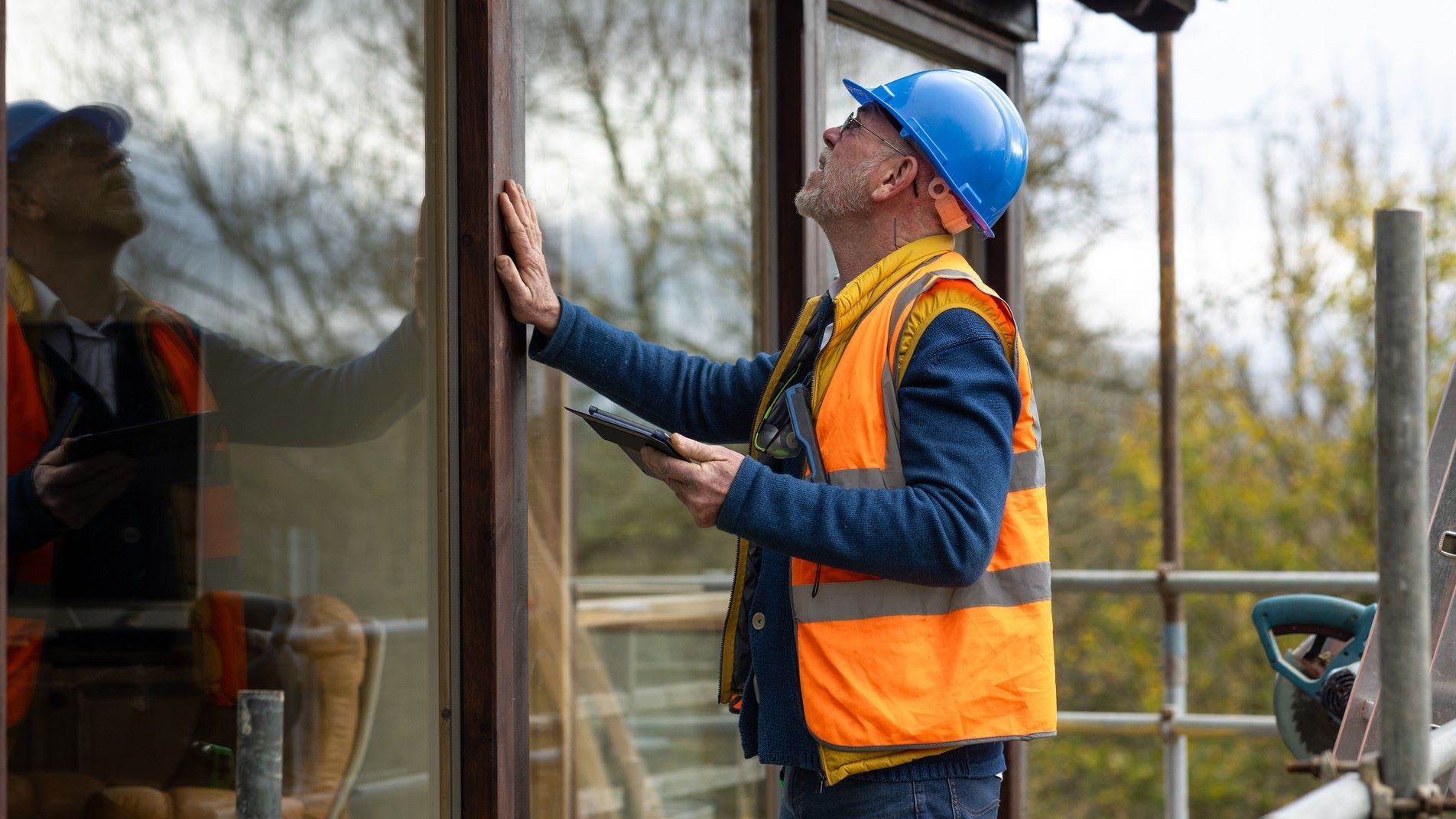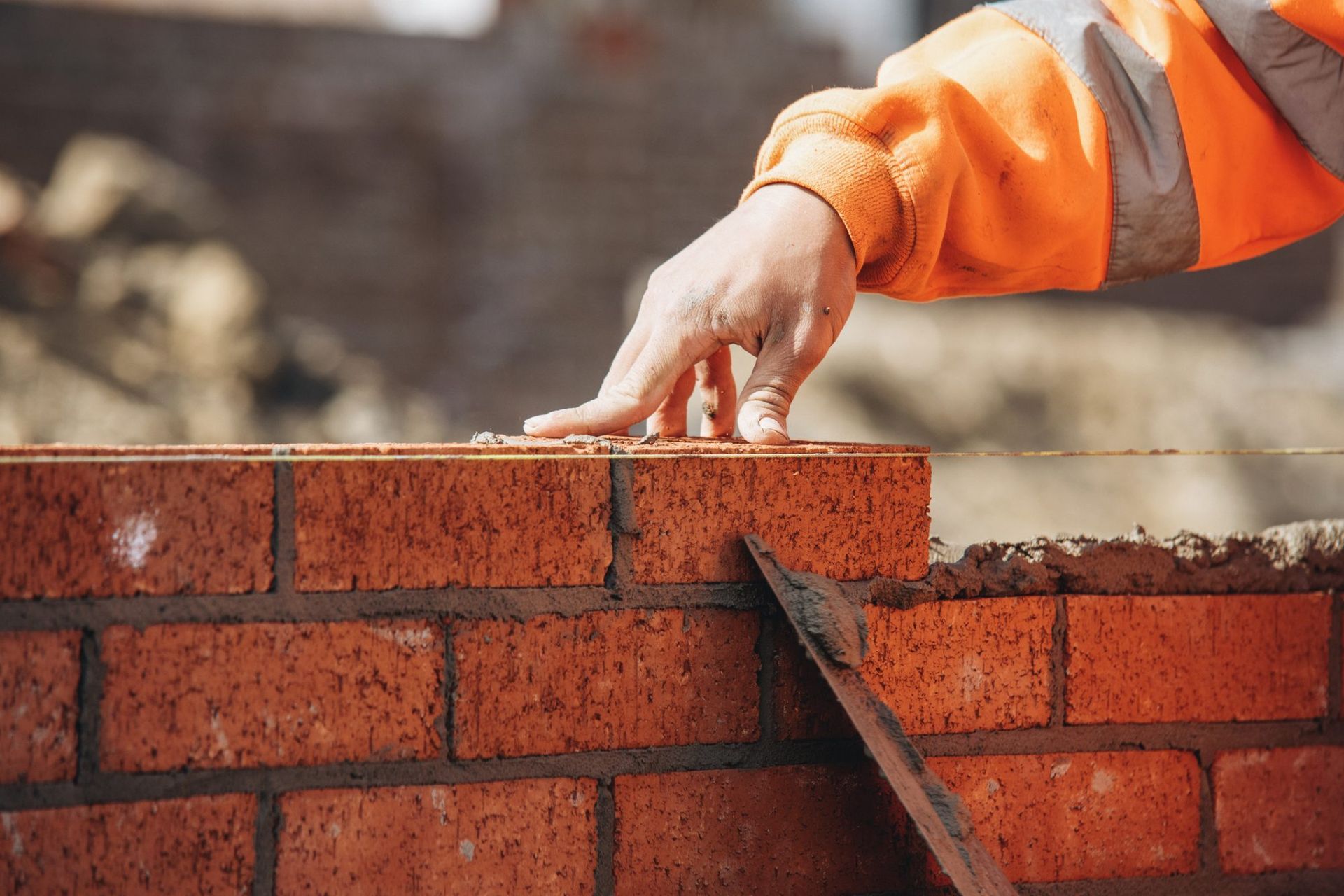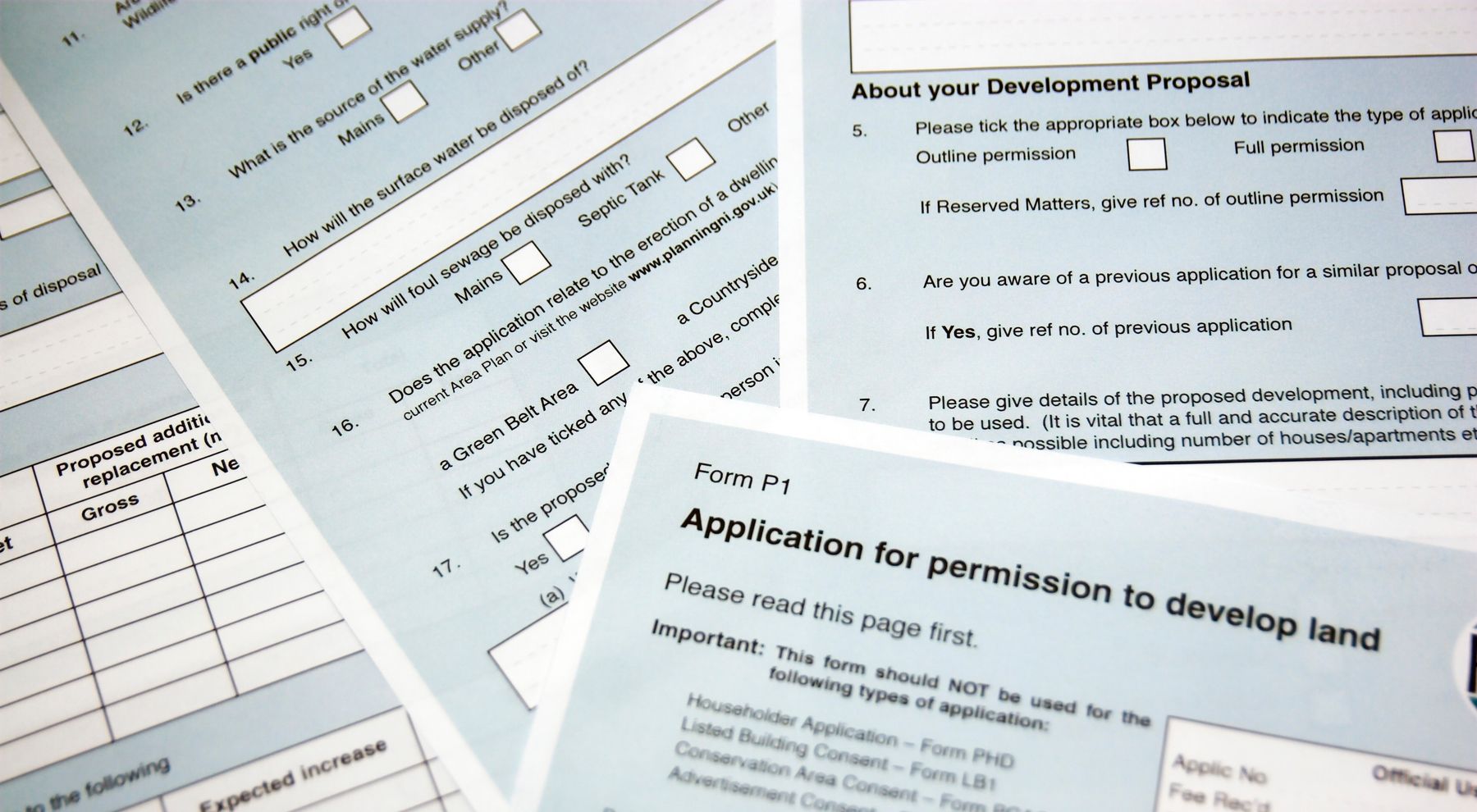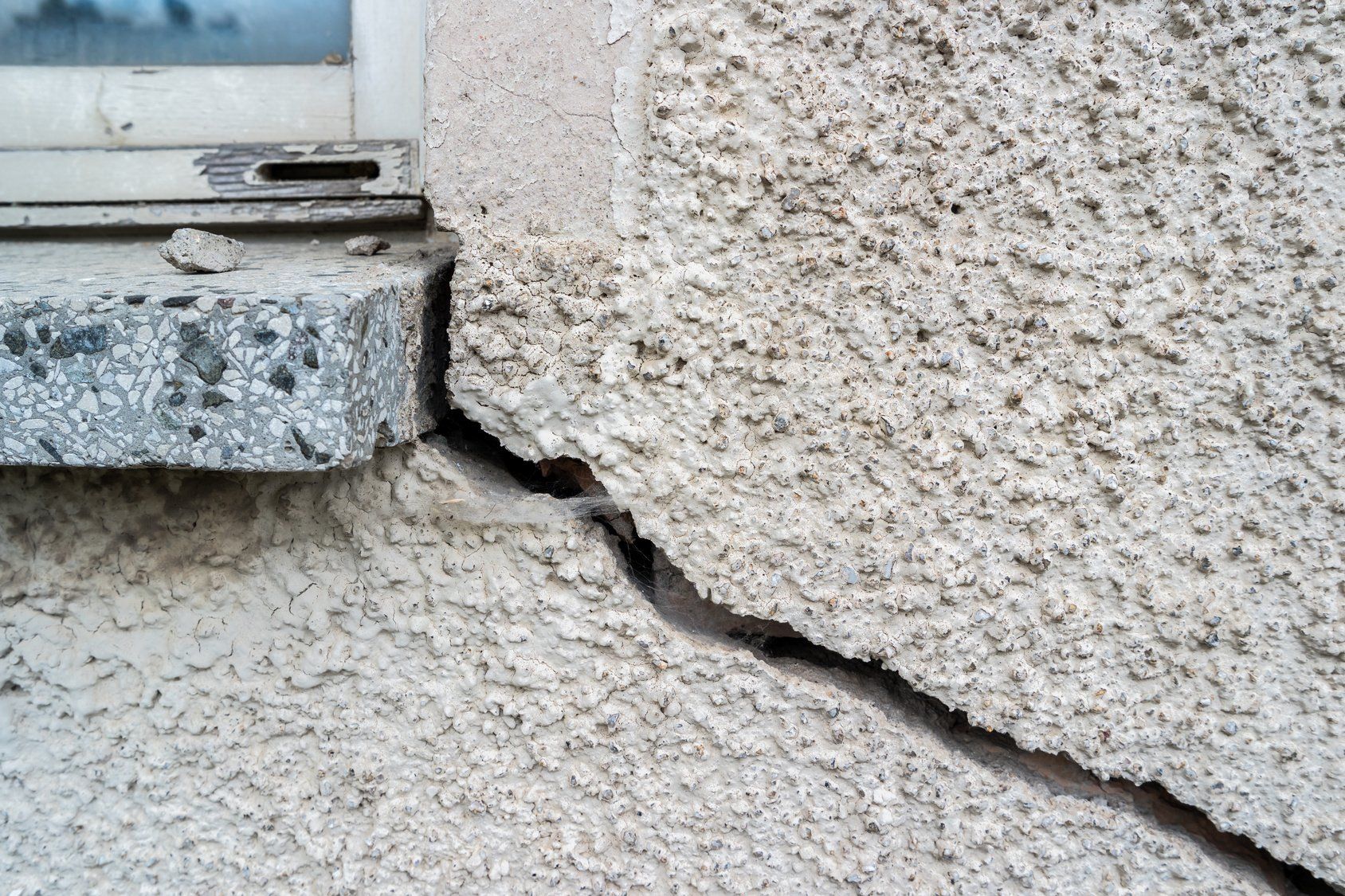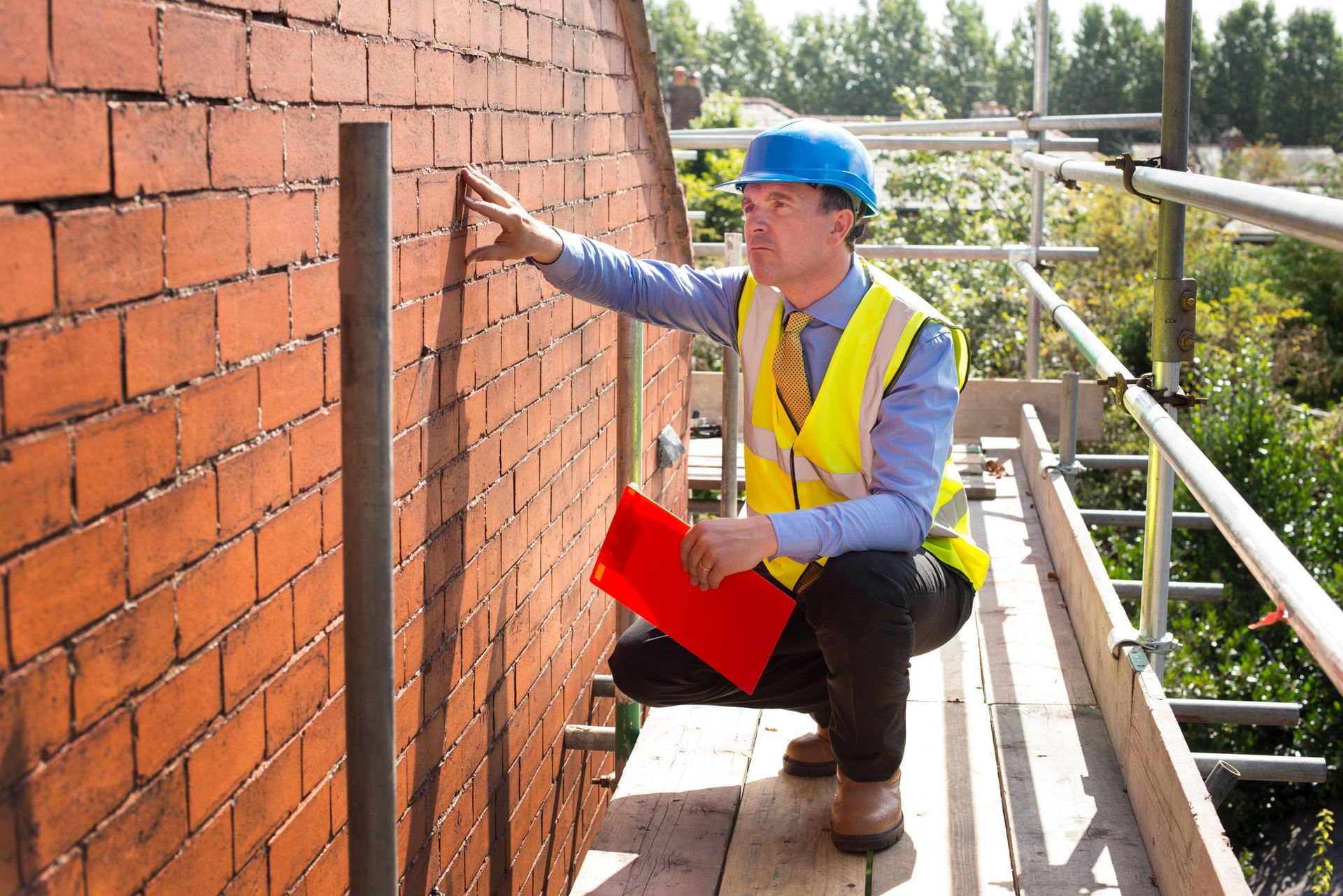Five Ways To Resolve Construction Disputes

Despite the best efforts of everyone involved, not all construction projects go according to plan. In fact, it’s not uncommon for construction projects to continue past their initial deadline, which would also take the costs of the work well over budget. This can lead to some tricky conversations and potentially even disputes between a builder and their client.
Often a breakdown in the relationship between a builder and their client centres on the standards of workmanship or the costs of works. Unsurprisingly, this usually results in both sides playing the blame game. However, when drafting up a contract for a construction project, and in particular, the dispute resolution clause, there are several resolution types at your disposal.
Negotiation
A negotiation clause is in place to allow for just that: negotiation. The contract will include a specific clause in which, if a dispute were to arise between both parties, then a satisfactory compromise must be negotiated between themselves before moving forward either with the current project or a new one.
Mediation
A mediation clause allows for a neutral third party to be involved with the dispute solution in order to mediate the process of resolving the issue. Mediation is not legally binding but can be an incredibly effective solution for resolving disputes or citations that could otherwise turn south.
Adjudication
In mediation, the neutral third party is on hand to mediate others in finding resolutions in construction disputes. Adjudication works in a similar fashion, but unlike mediation, the decision is specifically made by an independent adjudicator instead of a third party assisting others in finding their own resolution.
Arbitration
In essence, in a lawsuit without the involvement of the courts, arbitration occurs when both parties submit their dispute to an independent arbitrator. Unlike mediation, arbitration allows for the arbitrator to issue verdicts that can affect the rights and obligations of the given parties. These decisions are legally binding.
Litigation
Litigation involves a trial and is legally binding and enforceable, though it can also be appealed. More often than not, litigation is the most thorough, complex, time-consuming and costly way of resolving a dispute. This is why parties will typically attempt a number of other resolution methods before opting for litigation.
Simon Levy Associates are members of the Royal Institute of Chartered Surveyors as well as of the Academy of Experts. We pride ourselves on giving clients consistently excellent service wherever and whenever they need it. If you need professional help to reach a construction dispute resolution in Barnet, Watford or Borehamwood and the Home Counties as quickly as possible, we'll gladly arrange a consultation at a time that works with your busy schedule. Contact us today.


